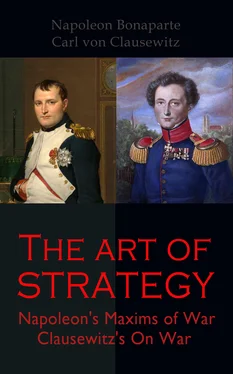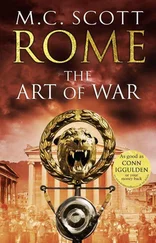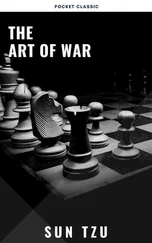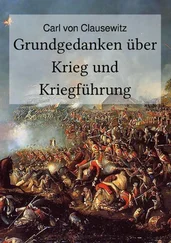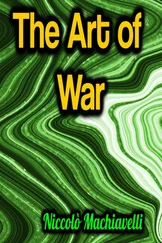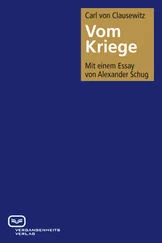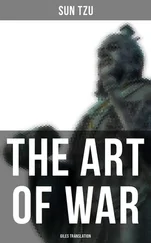14. THE DIFFICULTY OF THEORY AS SOON AS MORAL QUANTITIES COME INTO CONSIDERATION.
Every theory becomes infinitely more difficult from the moment that it touches on the province of moral quantities. Architecture and painting know quite well what they are about as long as they have only to do with matter; there is no dispute about mechanical or optical construction. But as soon as the moral activities begin their work, as soon as moral impressions and feelings are produced, the whole set of rules dissolves into vague ideas.
The science of medicine is chiefly engaged with bodily phenomena only; its business is with the animal organism, which, liable to perpetual change, is never exactly the same for two moments. This makes its practice very difficult, and places the judgment of the physician above his science; but how much more difficult is the case if a moral effect is added, and how much higher must we place the physician of the mind?
15. THE MORAL QUANTITIES MUST NOT BE EXCLUDED IN WAR.
But now the activity in War is never directed solely against matter; it is always at the same time directed against the intelligent force which gives life to this matter, and to separate the two from each other is impossible.
But the intelligent forces are only visible to the inner eye, and this is different in each person, and often different in the same person at different times.
As danger is the general element in which everything moves in War, it is also chiefly by courage, the feeling of one’s own power, that the judgment is differently influenced. It is to a certain extent the crystalline lens through which all appearances pass before reaching the understanding.
And yet we cannot doubt that these things acquire a certain objective value simply through experience.
Every one knows the moral effect of a surprise, of an attack in flank or rear. Every one thinks less of the enemy’s courage as soon as he turns his back, and ventures much more in pursuit than when pursued. Every one judges of the enemy’s General by his reputed talents, by his age and experience, and shapes his course accordingly. Every one casts a scrutinising glance at the spirit and feeling of his own and the enemy’s troops. All these and similar effects in the province of the moral nature of man have established themselves by experience, are perpetually recurring, and therefore warrant our reckoning them as real quantities of their kind. What could we do with any theory which should leave them out of consideration?
Certainly experience is an indispensable title for these truths. With psychological and philosophical sophistries no theory, no General, should meddle.
16. PRINCIPAL DIFFICULTY OF A THEORY FOR THE CONDUCT OF WAR.
In order to comprehend clearly the difficulty of the proposition which is contained in a theory for the conduct of War, and thence to deduce the necessary characteristics of such a theory, we must take a closer view of the chief particulars which make up the nature of activity in War.
17. FIRST SPECIALITY.—MORAL FORCES AND THEIR EFFECTS. (HOSTILE FEELING.)
The first of these specialities consists in the moral forces and effects.
The combat is, in its origin, the expression of hostile feeling , but in our great combats, which we call Wars, the hostile feeling frequently resolves itself into merely a hostile view , and there is usually no innate hostile feeling residing in individual against individual. Nevertheless, the combat never passes off without such feelings being brought into activity. National hatred, which is seldom wanting in our Wars, is a substitute for personal hostility in the breast of individual opposed to individual. But where this also is wanting, and at first no animosity of feeling subsists, a hostile feeling is kindled by the combat itself; for an act of violence which any one commits upon us by order of his superior, will excite in us a desire to retaliate and be revenged on him, sooner than on the superior power at whose command the act was done. This is human, or animal if we will; still it is so. We are very apt to regard the combat in theory as an abstract trial of strength, without any participation on the part of the feelings, and that is one of the thousand errors which theorists deliberately commit, because they do not see its consequences.
Besides that excitation of feelings naturally arising from the combat itself, there are others also which do not essentially belong to it, but which, on account of their relationship, easily unite with it—ambition, love of power, enthusiasm of every kind, &c. &c.
18. THE IMPRESSIONS OF DANGER. (COURAGE.)
Finally, the combat begets the element of danger, in which all the activities of War must live and move, like the bird in the air or the fish in the water. But the influences of danger all pass into the feelings, either directly—that is, instinctively—or through the medium of the understanding. The effect in the first case would be a desire to escape from the danger, and, if that cannot be done, fright and anxiety. If this effect does not take place, then it is courage , which is a counterpoise to that instinct. Courage is, however, by no means an act of the understanding, but likewise a feeling, like fear; the latter looks to the physical preservation, courage to the moral preservation. Courage, then, is a nobler instinct. But because it is so, it will not allow itself to be used as a lifeless instrument, which produces its effects exactly according to prescribed measure. Courage is therefore no mere counterpoise to danger in order to neutralise the latter in its effects, but a peculiar power in itself.
19. EXTENT OF THE INFLUENCE OF DANGER.
But to estimate exactly the influence of danger upon the principal actors in War, we must not limit its sphere to the physical danger of the moment. It dominates over the actor, not only by threatening him, but also by threatening all entrusted to him, not only at the moment in which it is actually present, but also through the imagination at all other moments, which have a connection with the present; lastly, not only directly by itself, but also indirectly by the responsibility which makes it bear with tenfold weight on the mind of the chief actor. Who could advise, or resolve upon a great battle, without feeling his mind more or less wrought up, or perplexed by, the danger and responsibility which such a great act of decision carries in itself? We may say that action in War, in so far as it is real action, not a mere condition, is never out of the sphere of danger.
20. OTHER POWERS OF FEELING.
If we look upon these affections which are excited by hostility and danger as peculiarly belonging to War, we do not, therefore, exclude from it all others accompanying man in his life’s journey. They will also find room here frequently enough. Certainly we may say that many a petty action of the passions is silenced in this serious business of life; but that holds good only in respect to those acting in a lower sphere, who, hurried on from one state of danger and exertion to another, lose sight of the rest of the things of life, become unused to deceit , because it is of no avail with death, and so attain to that soldierly simplicity of character which has always been the best representative of the military profession. In higher regions it is otherwise, for the higher a man’s rank, the more he must look around him; then arise interests on every side, and a manifold activity of the passions of good and bad. Envy and generosity, pride and humility, fierceness and tenderness, all may appear as active powers in this great drama.
Читать дальше
